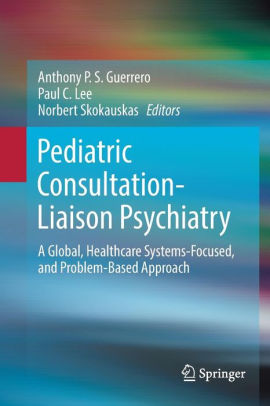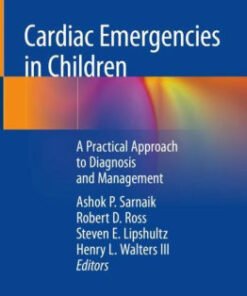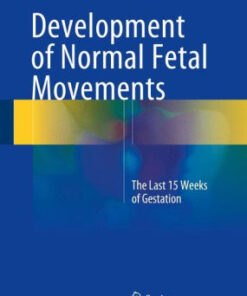(PDF) Pediatric Consultation-Liaison Psychiatry by Anthony P. S. Guerrero
$18.00
Download instantly Pediatric Consultation-Liaison Psychiatry – A Global, Healthcare Systems-Focused, and Problem-Based Approach by Anthony P. S. Guerrero, Paul C. Lee, Norbert Skokauskas. It is ebook in PDF format.
ISBN-10: 3030077845 ISBN-13: 9783030077846
Preview
This is the PDF eBook version for Pediatric Consultation-Liaison Psychiatry – A Global, Healthcare Systems-Focused, and Problem-Based Approach by Anthony P. S. Guerrero, Paul C. Lee, Norbert Skokauskas
Table of Contents
Introduction.- General principles of pediatric psychosomatic medicine, including developmental and systems of care perspectives.- Essential pediatrics for the pediatric consultation-liaison psychiatrist.- Essential psychiatry and substance use disorders for the non-psychiatrist.- Psychopharmacological principles .- Common scenarios and concerns in traditional inpatient pediatric consultation-liaison psychiatry.- Suicidality, self-harm and dangerousness.- Eating and feeding disorders.- Adjustment to medical illness.- Acute mental status change.- Other common medical considerations for behavioral symptoms.- Contemporary value-building roles spanning inpatient and outpatient care.- Principles of bio-psycho-social formulations and interventions in medical settings (case examples from pediatric nephrology, pediatric gastroenterology).- Psychological testing and pre-procedure evaluation (case example from pediatric cardiology, pediatric endocrinology, pediatric oncology,).- Improving adherence and promoting behavioral change (case example from adolescent medicine, pediatric allergy/pulmonology, etc.).- Identifying and managing brain/behavioral conditions (case example from pediatric rheumatology, pediatric neurology, etc.) .- Multidisciplinary management of complex conditions (case example from genetics, etc.).- Interfacing with palliative and end-of-life care and ethical decisions (case example from neonatology, etc.).- Healthcare systems and global perspectives.-Administrative and financing models.- Patient experience, safety, and quality.- Primary care integration.- Preventive models for reducing major causes of morbidity and mortality in childhood.- Addressing healthcare disparities.- Complementary and alternative approaches to improving comfort and access.- Pediatric psychosomatic medical approach to optimize global access to child and adolescent mental healthcare.- Appendices.- Teaching tools: basic psychiatry for other children’s healthcare professionals.- Screening tools.- “Talking points” for justifying the value of pediatric psychosomatic medicine services.




